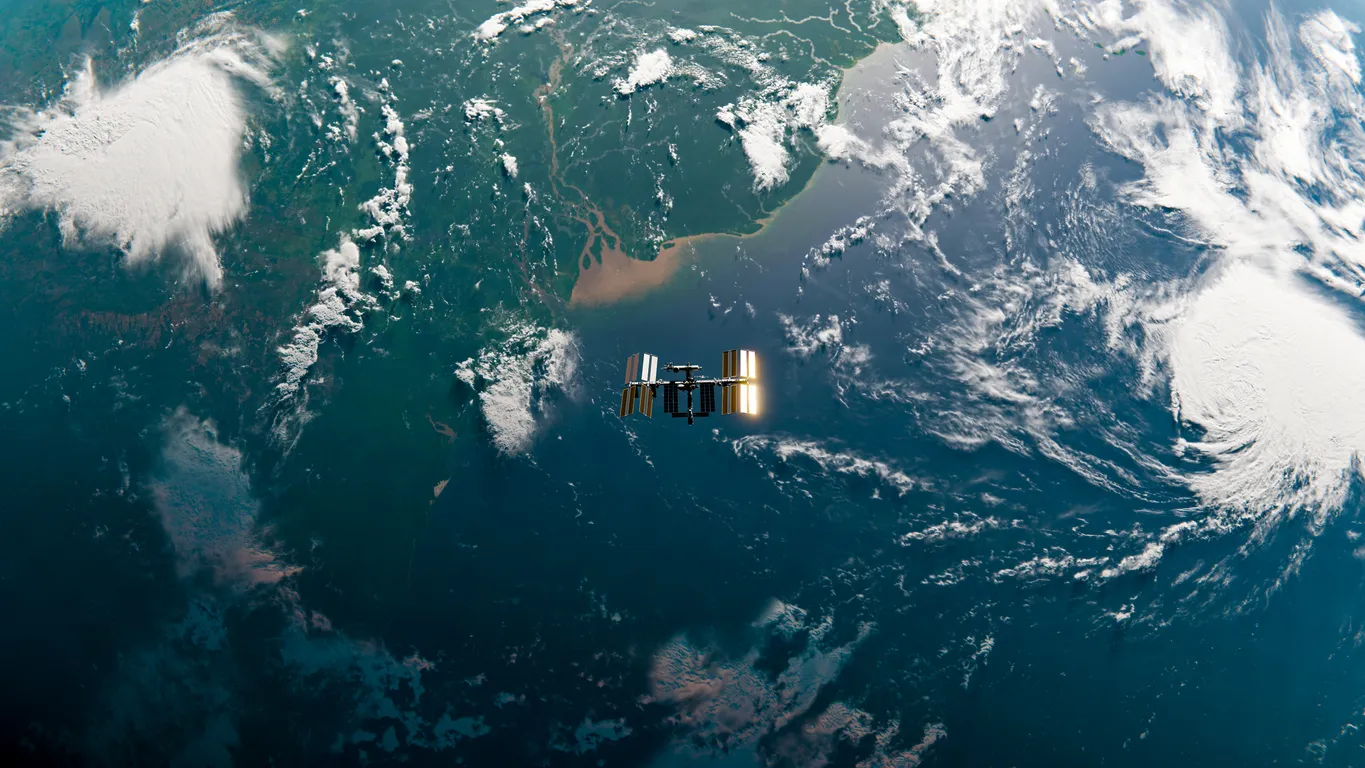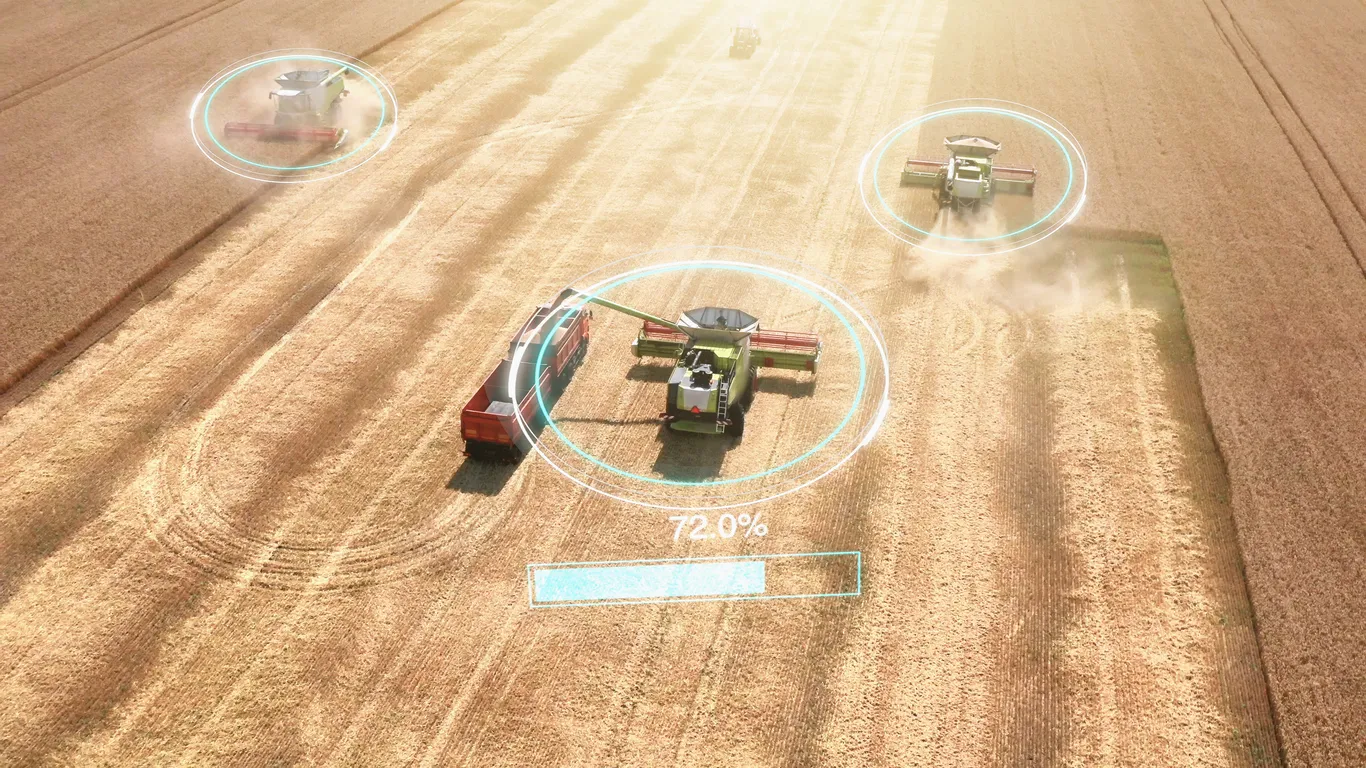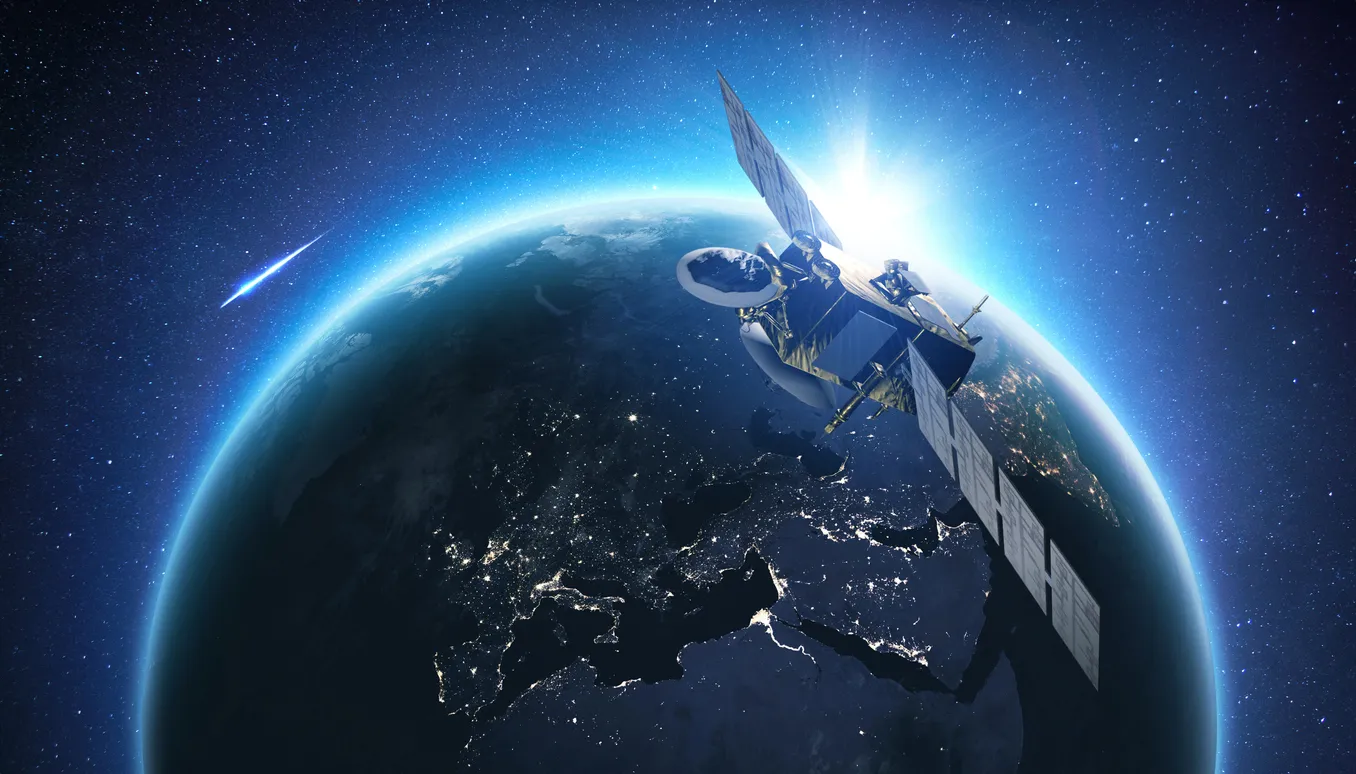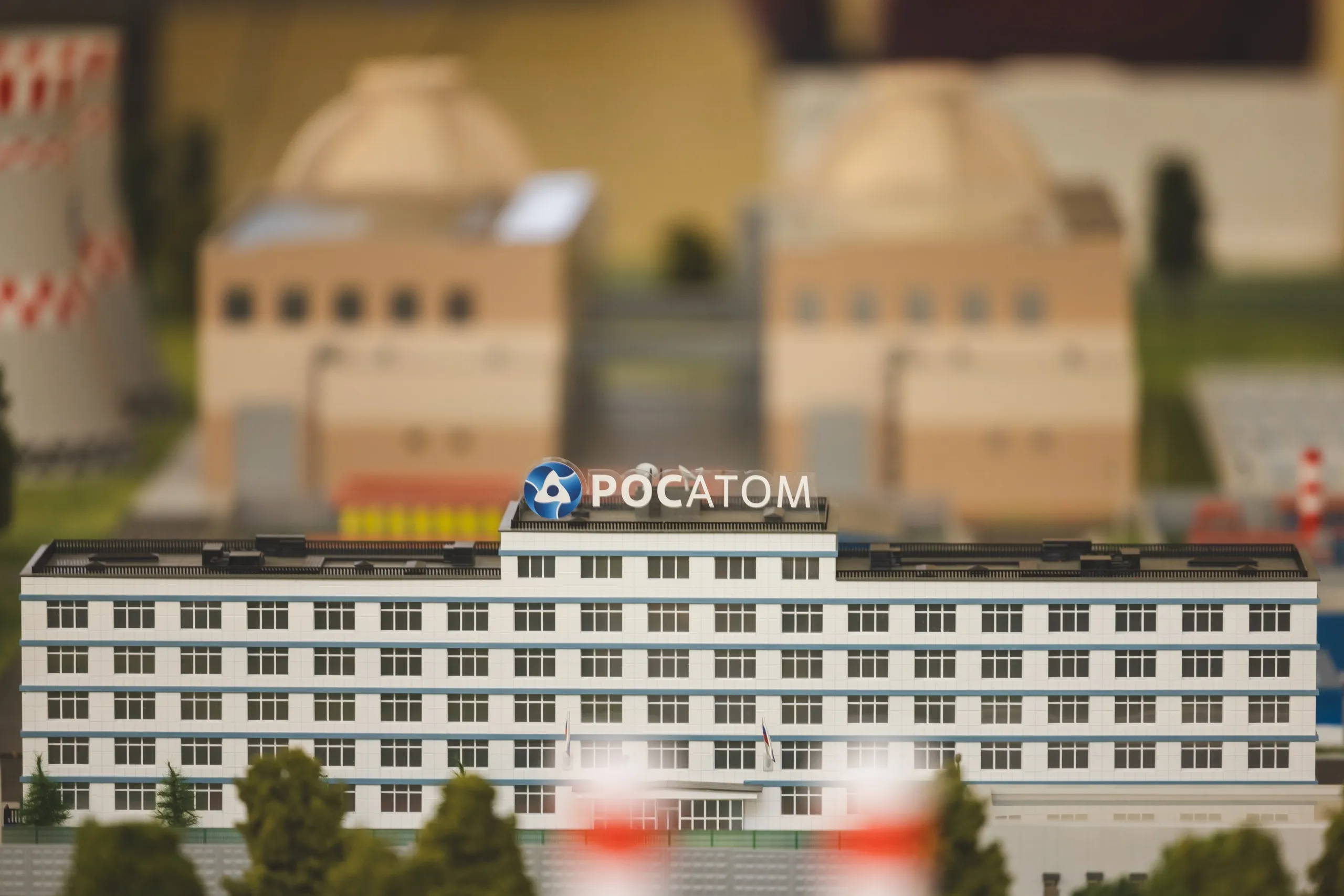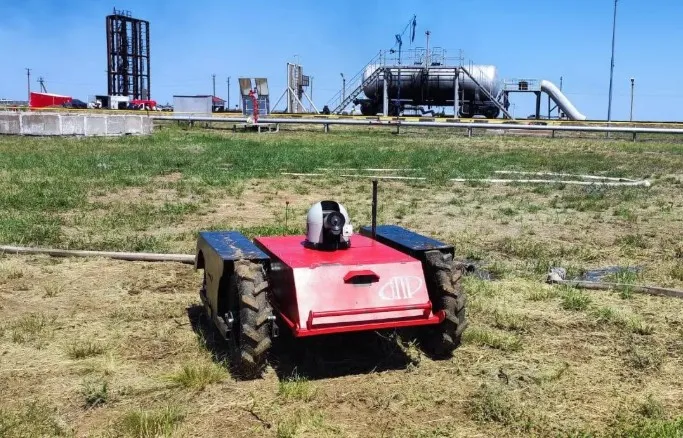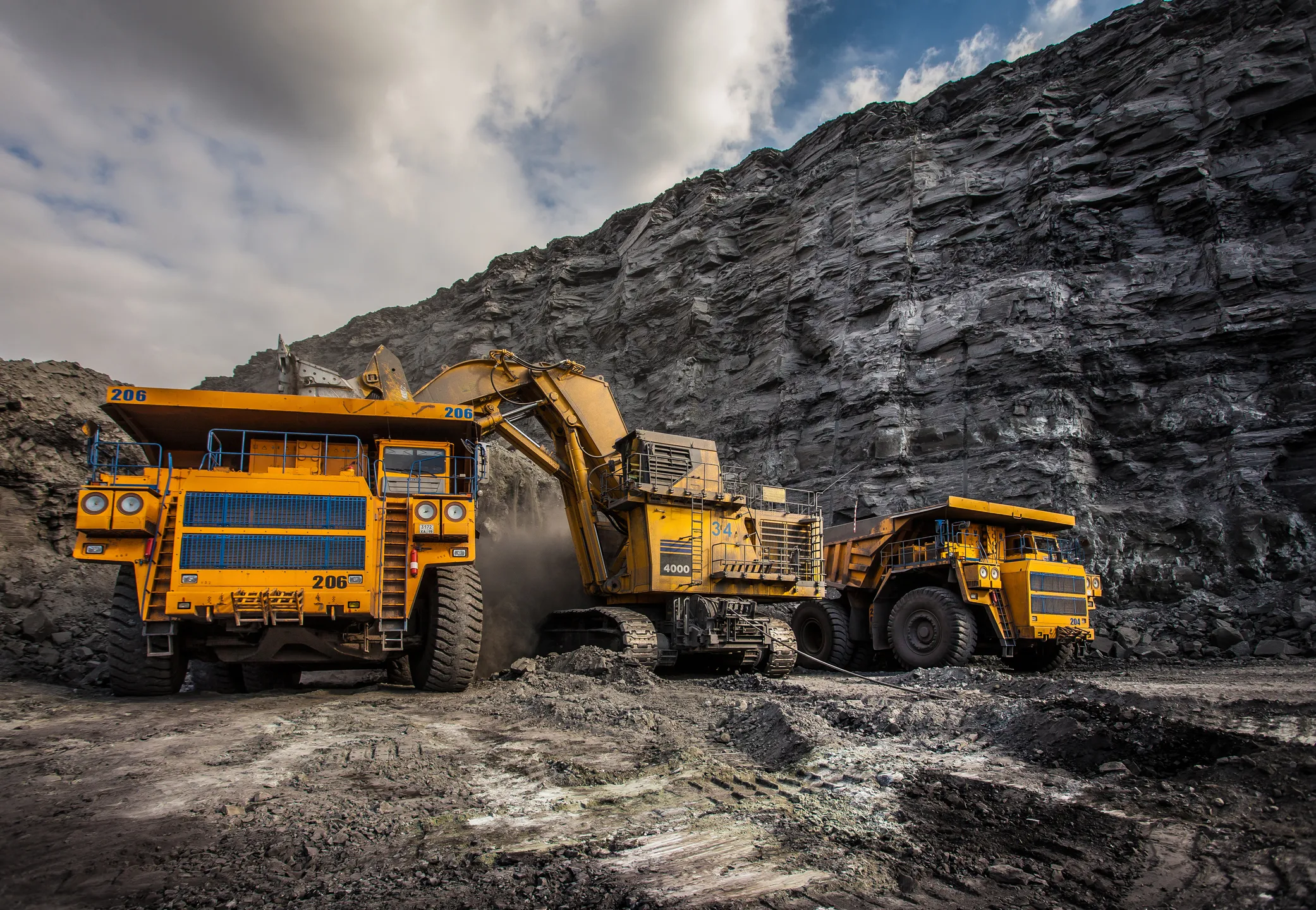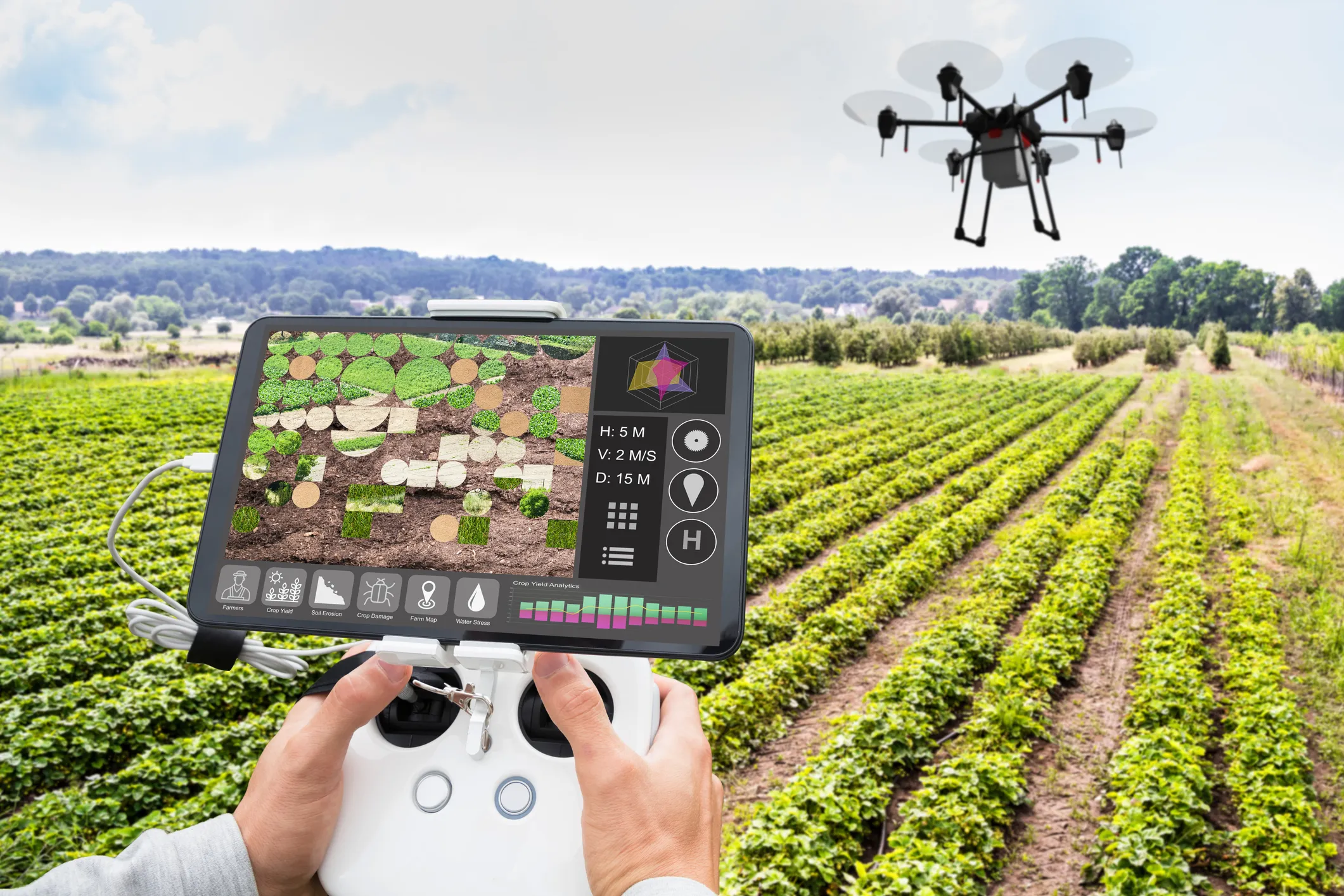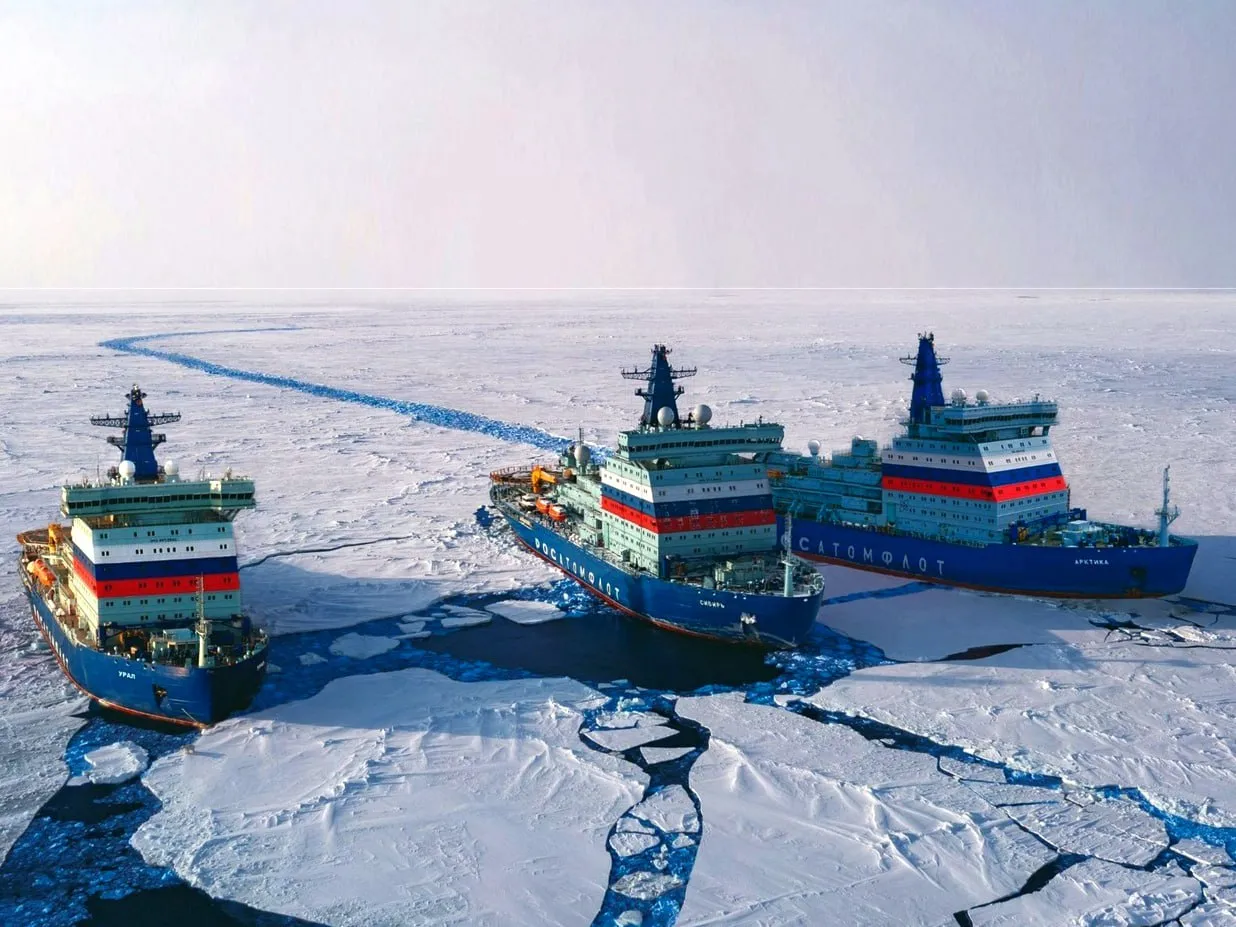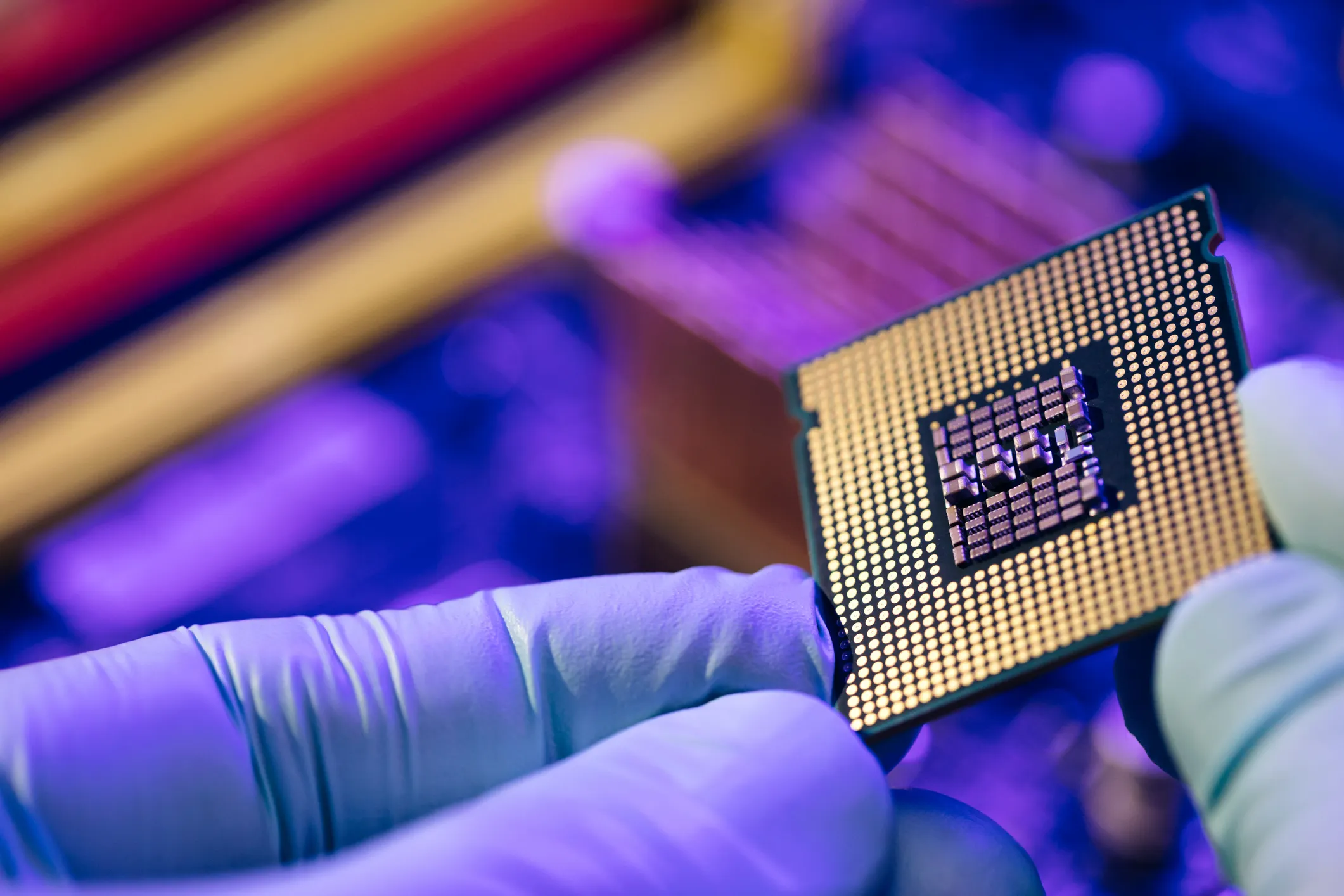Russia Launches First Robotic Subsurface Research Center
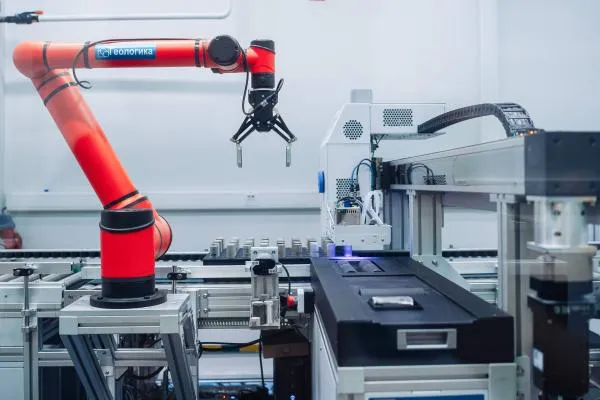
Gazprom Neft's new GeoSphere lab is accelerating the analysis of subsurface rock samples, slashing research time and boosting extraction efficiency.
In early 2025, Russia’s Gazprom Neft launched its first robotic center for subsurface research, named GeoSphere. The facility is designed to analyze geological core samples and reservoir fluids from oil and gas fields in Eastern and Western Siberia. The goal is to speed up exploration of new deposits and to develop more efficient methods for tapping into hard-to-recover reserves, according to Comnews.
Core samples—cylindrical pieces of rock—are the primary source of data on subsurface structures. Traditionally, analyzing them took months. GeoSphere promises to streamline and enhance the process through automation and digital tools.
Located in Tyumen, the center houses 16 specialized labs equipped with 200 pieces of Russian-made machinery. It handles the full cycle of geological analysis, from 3D scanning to microstructural evaluation. A key innovation is the use of digital rock twins—virtual models that allow scientists to simulate underground processes without damaging physical samples.
Accurate data on rock properties is critical for maximizing oil and gas recovery. GeoSphere is expected to reduce research time and improve the profitability of extraction, especially in fields with difficult reserves.
The project marks a significant move toward digital transformation in Russia’s oil and gas industry—and a push for independence from foreign technology.







